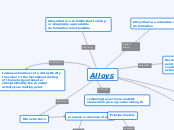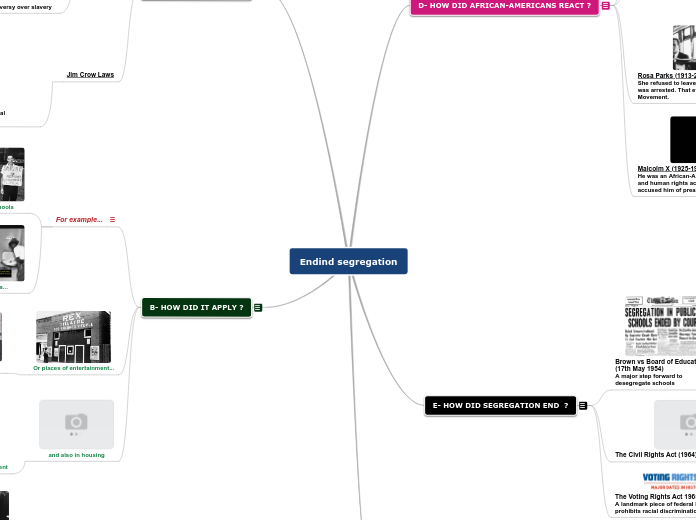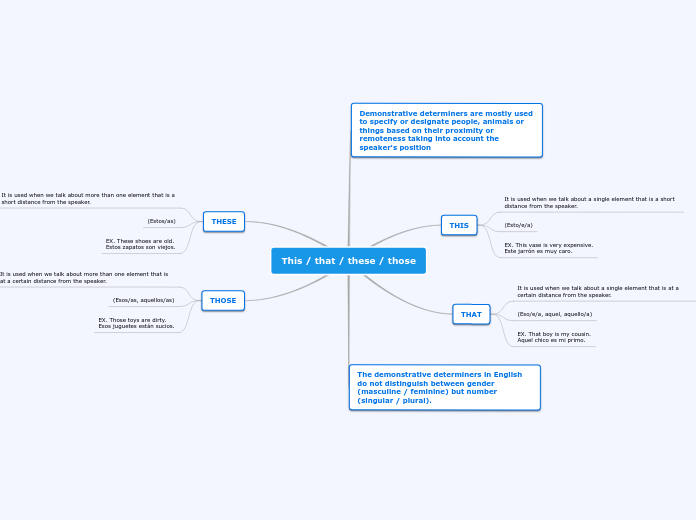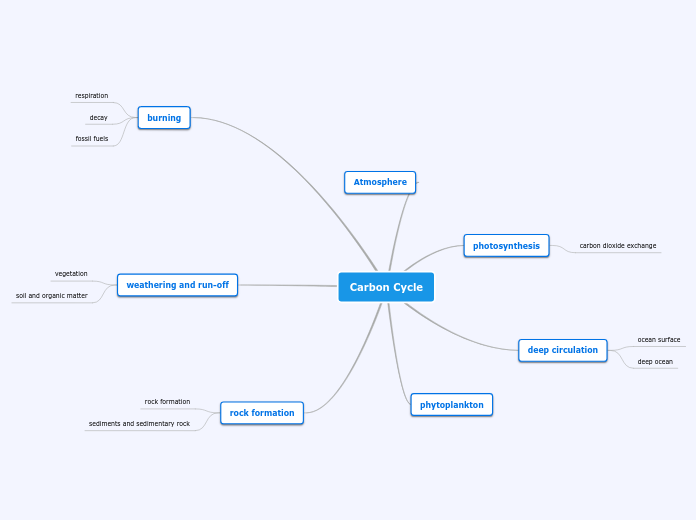Ferrous alloy
Nichrome
1. Used for making resistance coils, heating elements in stoves & electric irons
2. Used in making parts of boilers, steam lines stills, gas turbines, aero engine valves, retorts, annealing boxes.
1. Good resistance to oxidation & heat
2. High melting point & electrical resistance
3. Withstand heat up to 1000-1100⁰C
Ni=60%
Cr=12%
Fe=26%
Mn=2%
Stainless steel
Non-heat treatable
stainless steel
Non--magnetic type
In making household utensils, sinks, dental & surgical instrument
1. Resistance to corrosion.
2. Corrosion resistance is increased by adding molybdenum
Cr=18-26%
Ni=8.21%
c=0.15%
total%Cr&Ni>=23%
Magnetic type
Used in making chemical equipments
and automobile parts.
1. Can be forged, rolled & machined
2. Resist corrosion
Heat treatable
stainless steel
1. Can be used up to 800⁰C
2. Good resistant towards weather & water
3. In making surgical instruments, scissors, blades,etc.
Magnetic, tough & can be worked in cold condition
Possess less strength at high temperature
Resistant to corrosion
C=1.2%
Cr=>12-16%
steel
alloy steel/special steel
Chromium
Copper
Manganese
Nickel
Tungsten
Molybdenum
Steel containing specified amounts of alloying elements other than carbon is known as alloy steel
Plain carbon steel
↑ brittleness
↑ carbon content
↓ductility
no proper corrosion resistance
not deeply hardened.
Ni,Cr,Co,Mn,Mo,V
Hypereutectoid steel
Very High Carbon/Hard Steel
High strength
Can be hardened, toughened and tempered easily
Possess wear resistance
Welded easily
for manufacturing various types of tools such as; hammers, drills, etc;
0.8% to 2.0%
Hypoeutectoid steel
Medium Carbon Steel
Tougher and harder than mild steel
Good machinability and less weldability
Good strength
Can be hardened by heat treatment
machine parts, turbine motors, railway angle, wheels, gears, hydraulic fitting, connecting rods, automobile engine parts
0.2% to 0.5%
carbon.
High/Hard Carbon steel
Welded with care
Can be tailored to desired hardness
making wheels for railway bogies, cushion spring, dies, screws etc
0.5% to 0.8%
Soft/low Carbon steel
Soft, ductile, weldable, Dark bluish with fibrous structure, Low tensile strength, Shock resistant
Not susceptible to heat treatment
making boiler tubes, plates, sheet steel, bolts, nails, wires, screws, gear, wheels etc
0.08% to 0.2%
carbon
Alloys
Alloys that are so brittle that forming or shaping by appreciable deformation is not possible
Alloys that are amenable mechanical deformation
Micro structure
presence or absense of iron.
ferrous alloy
non-ferrous alloy.
Principal metals
alloys of Cu+Zn = brasses
alloys of Cu+Sn = bronzes
alloys of Al =duralium
Increases hardness of a metal,
Modify the colour of the metal,
Good casting of the metal,good
Greater strength,
Modify the chemical activity,
Low melting point,
Harder,less malleable,low melting point.
Low electrical conductivity.
Resists corrosion and action of acids.
combining two or more metallic elements to give a greater strength









